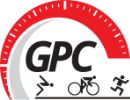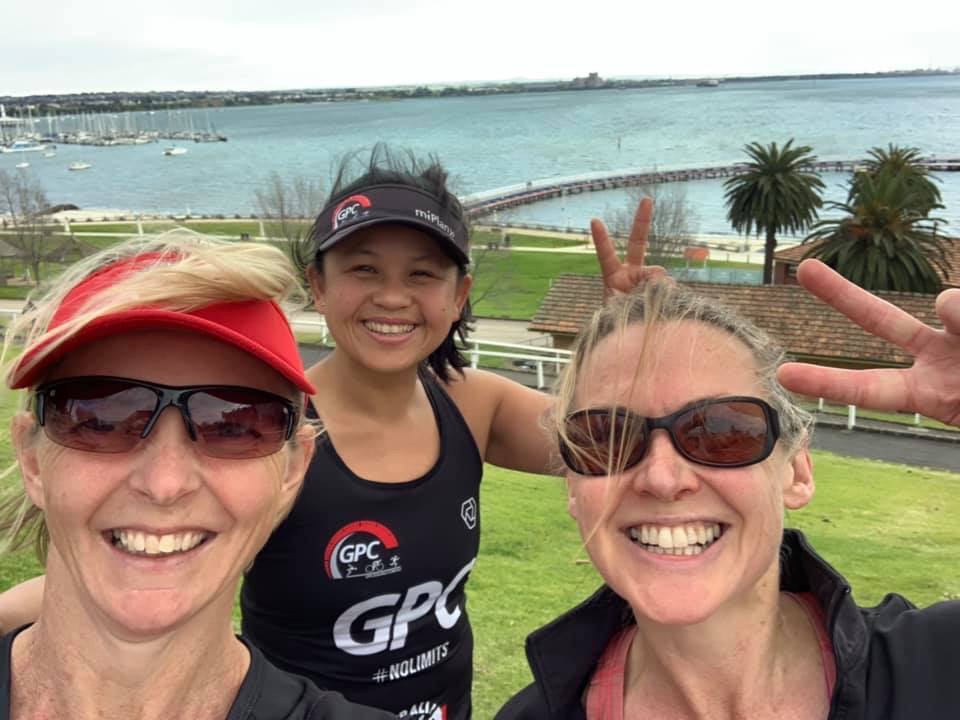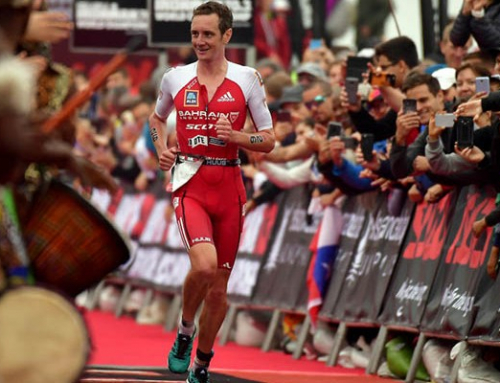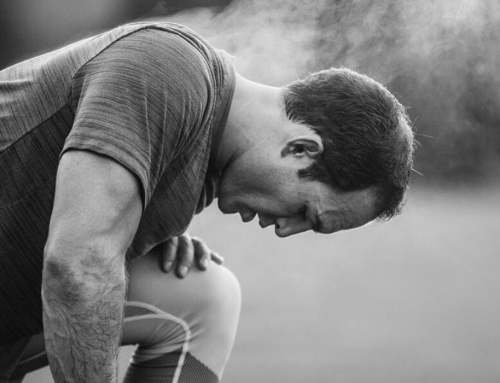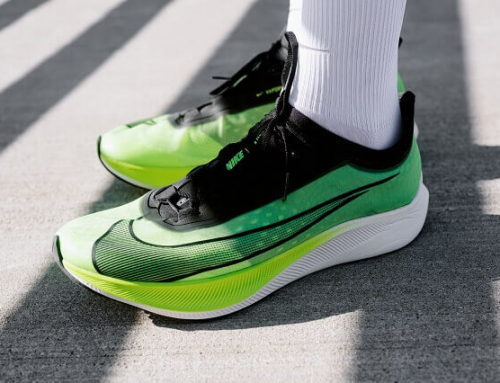Psychology Sporting Injury
Dealing with a sporting injury is tough. Not only are you dealing with a change in training load and routine but also rehab, cross training & potential changes in social opportunities regarding training.
Training your Brain
Changing your thought pattern from “I am injured” to “I am an athlete who currently has an injury” can help foster positivity.
Your brain is designed that on some occasions to be impulsive in order to protect the body, think ‘fight or flight’. When you are injured it is easy to enter survival or flight mode & avoid certain activities or situations which are associated with your injury. This reactive or threatened thought pattern can be counter productive to rehabilitation from injury. It makes thinking, positively, objectively analysing the situation and careful planning difficult.
In order to train your brain out of survival mode where panic can set in, try some of the following techniques: breathing exercises, physical relaxation exercises, writing down or talking through a plan & segmenting it & laughter/humour.
It is also important to engage back into social training opportunities even as support crew for team mates. Look for possibilities to still attend training sessions & events to cheer, give advice, assist other athletes, take photos and chat before/after. You might even be able to do some rehab or cross training while your team mates are racing or warming up.
Have a Supportive Network
Make sure you have a supportive network around you. These people should be focused on supporting you toward your goals, making multiple plans to achieve this and with you every step of the way not just at the start or the end. The athlete needs a sense of “we are in this together”.
Reference
Working with motivation Kirsten Peterson AIS Performance Psychology
